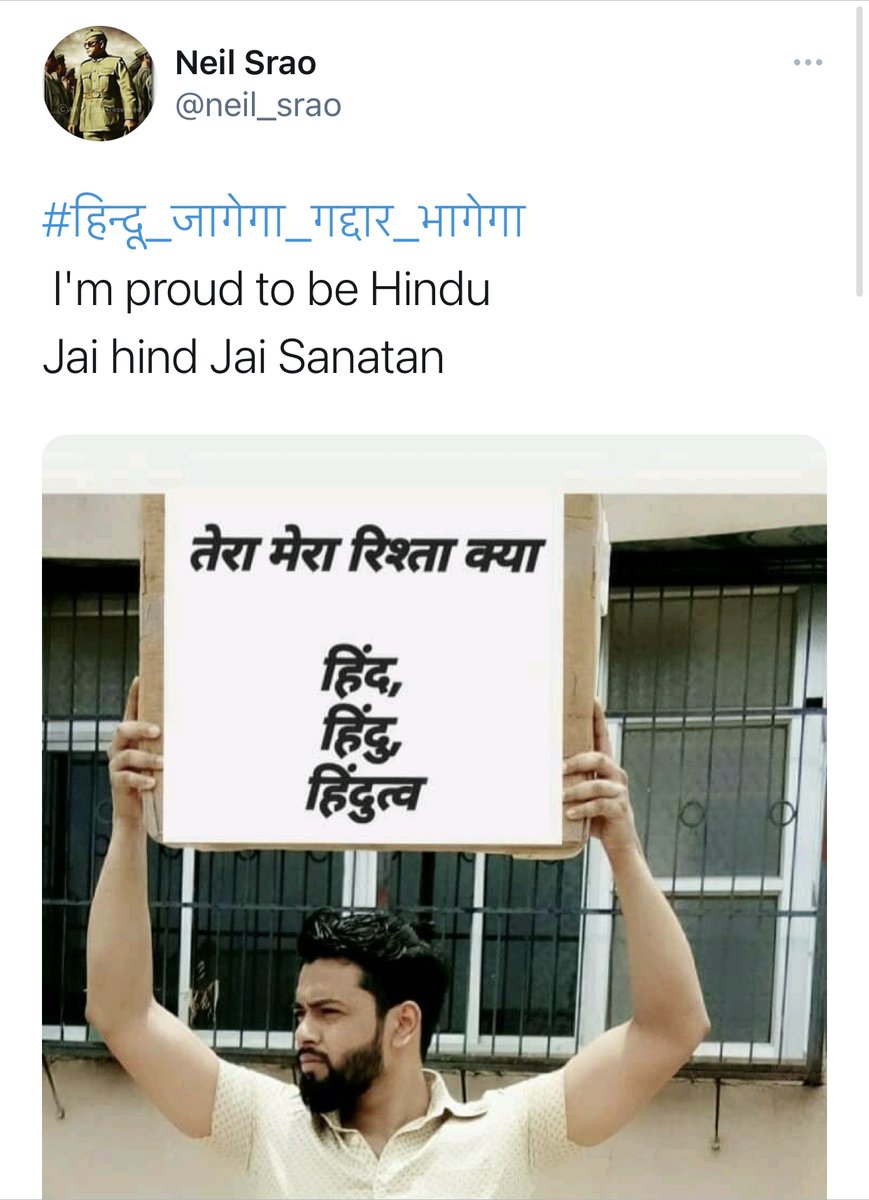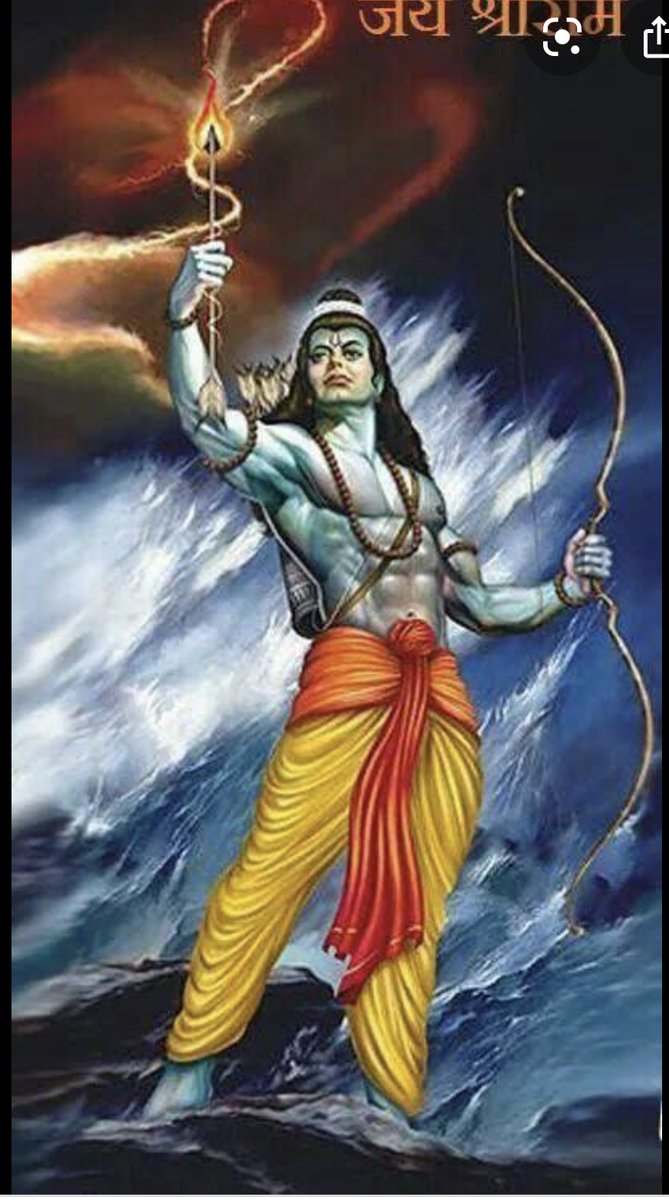Surprised in this otherwise excellent obit of legendary journalist Neil Sheehan, the @nytimes didn't mention that the Nixon admin tried to charge Sheehan and his wife Susan under the Espionage Act *after* the Pentagon Papers Supreme Court case.


More from Politics
https://t.co/vsTrS43Fft

#OTD 73 years ago, CIA was born after President Truman signed the National Security Act of 1947.
— CIA (@CIA) September 18, 2020
\xa0
Separated into five directorates, the Agency collects, analyze and disseminates intelligence to top U.S. officials.
\xa0
Learn more about today's #CIA: https://t.co/diMVOoC3jT pic.twitter.com/ljoTxBYbAc
https://t.co/rUTYg42PYH
War is being pushed upon us by 'news'
— Maria \u23f3 (@ml_1maria) April 21, 2018
Journalists are bribed to write pro-American and anti-Russian
Bribed to lie, betray, manipulate & push for war #CIA #propaganda
Dr Udo Ulfkottehttps://t.co/MsPh5vOwTW pic.twitter.com/Z5GVEzSKBd
https://t.co/1r0MbPv8wG
Former CIA agent and whistleblower Phillip Agee explains that the USA wages economic war against socialists nations because it is threatened by a successful example of an alternative economic system. 1/ pic.twitter.com/NUpdpxnYgw
— \U0001d482\U0001d48d\U0001d48a\U0001d484\U0001d48a\U0001d482 (@alicia_dl_1) July 23, 2020
War on democracy - installing US-puppet dictators in Latin America in order to control their economies
#Guatemala #Arbenz #RedScare
Propaganda, "harmless bombing" and a CIA terror campaign

CIA war on Nicaragua
CIA operation in Nicaragua
— Maria \u23f3 (@ml_1maria) July 19, 2020
Destabilisation program: rip apart the social and economic fabric - make the people suffer as much as you can, until the country plunges into chaos, until at some point you can step in and impose your choice of government on that country. pic.twitter.com/dlxoMZX6xw
You May Also Like
Imagine for a moment the most obscurantist, jargon-filled, po-mo article the politically correct academy might produce. Pure SJW nonsense. Got it? Chances are you're imagining something like the infamous "Feminist Glaciology" article from a few years back.https://t.co/NRaWNREBvR pic.twitter.com/qtSFBYY80S
— Jeffrey Sachs (@JeffreyASachs) October 13, 2018
The article is, at heart, deeply weird, even essentialist. Here, for example, is the claim that proposing climate engineering is a "man" thing. Also a "man" thing: attempting to get distance from a topic, approaching it in a disinterested fashion.

Also a "man" thing—physical courage. (I guess, not quite: physical courage "co-constitutes" masculinist glaciology along with nationalism and colonialism.)

There's criticism of a New York Times article that talks about glaciology adventures, which makes a similar point.

At the heart of this chunk is the claim that glaciology excludes women because of a narrative of scientific objectivity and physical adventure. This is a strong claim! It's not enough to say, hey, sure, sounds good. Is it true?




















